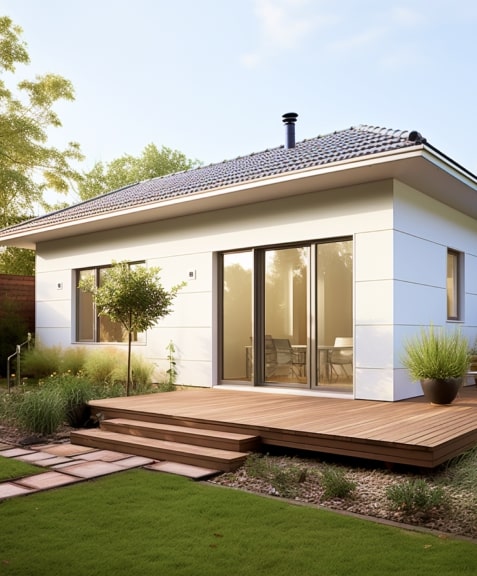
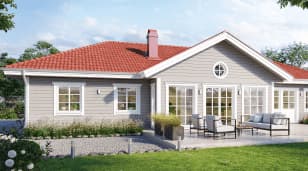
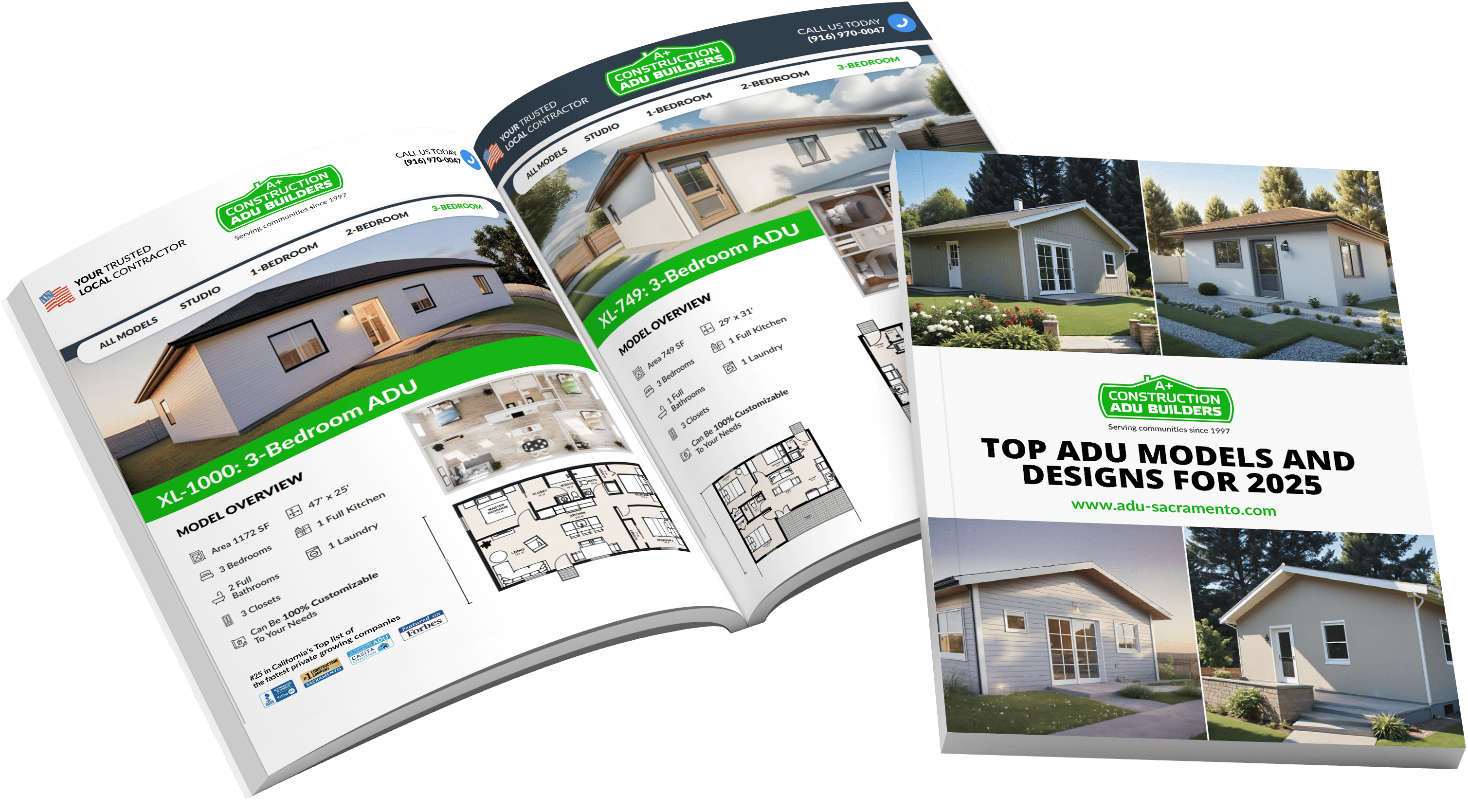

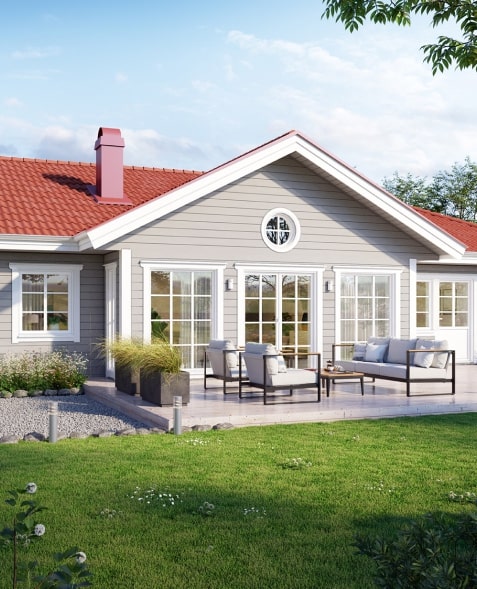

A link to download your FREE brochure will be in your inbox in 3 minutes
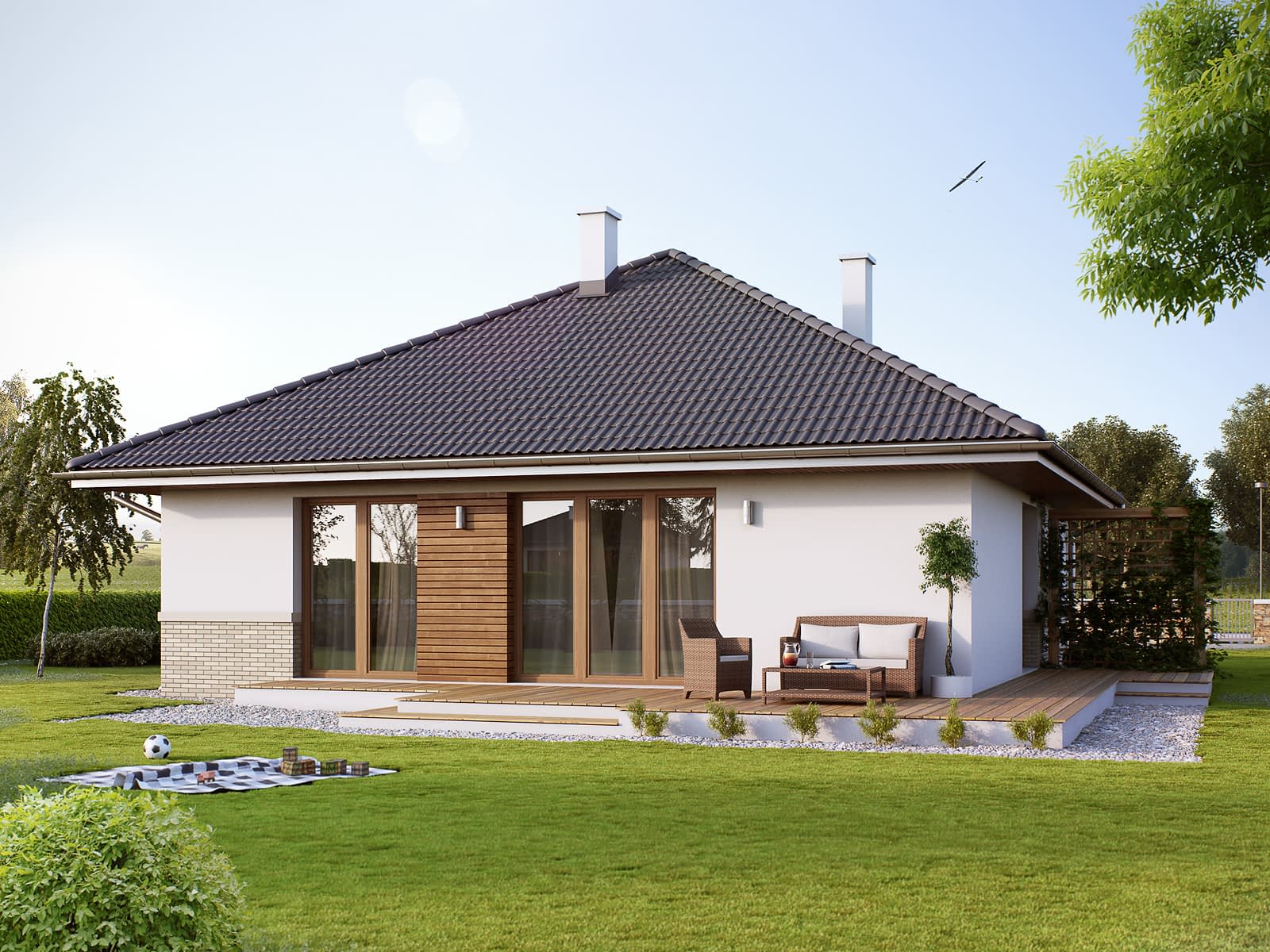





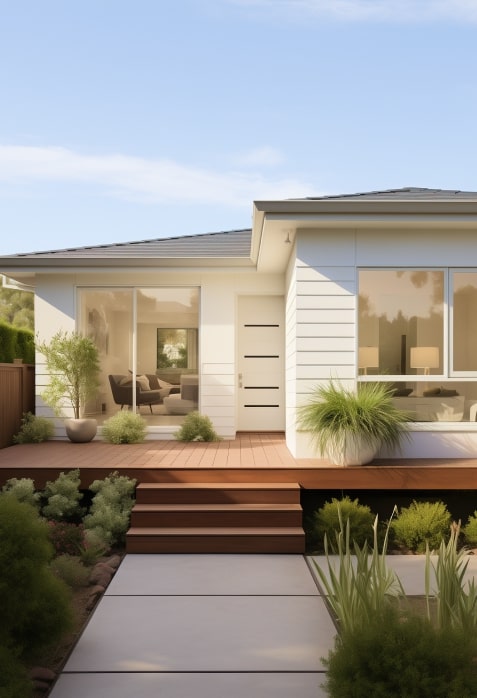












The final price may vary based on project specifics.
To get a free accurate quote tailored to your needs, book a consultation with us today!

The price per square foot provided is an average and may vary depending on project-specific details such as materials, location, complexity, and other factors. Actual costs may differ from the average provided.
It is recommended to obtain a detailed quote based on the specific requirements of your project.

Please note that the monthly payment displayed on this page is an estimate and is subject to variation based on the selected loan product, applicants credit score, loan amount, and other financial details. Actual monthly payment may differ from the estimate provided.
It is recommended to seek advice from a financial advisor or loan officer to obtain precise payment information tailored to individual circumstances.
 Your Trusted
Local Contractor
Your Trusted
Local Contractor

The world of real estate is expansive, but as the tiny house movement takes shape, aspiring tiny homeowners and investors are diving into the potential of tiny homes. They present a unique blend of style, sustainability, and the promise of financial freedom. The evolving tiny home market is offering intriguing opportunities in the real estate sector, from individual tiny homes to expansive tiny home communities.
Investing in a tiny home is more than just searching on a rental website. It's about recognizing the most significant benefit of downsizing and using it to your advantage. Tiny home investing presents a chance to minimize ecological footprint while capitalizing on the booming demand for tiny houses. When you invest in a tiny house, you're not only purchasing a property but making a statement about sustainable living. One significant benefit is the mobility of these homes, especially if it's a mobile tiny home.
While some might look into existing tiny homes for investments, others choose to build their own, making it a tiny house investment property. With proper research, tiny home investment can prove lucrative in the long run, especially given the increasing interest in tiny house investments.
One of the most significant benefits of tiny home living is the minimized ecological footprint. As many people move towards sustainable lifestyles, tiny homes aim to lessen their ecological impact. A typical tiny home, with an average size of just a few hundred square feet, requires fewer resources to build and maintain. This not only conserves energy but also cuts down on utility bills. Additionally, owning a tiny home can be an efficient way to achieve financial freedom, as tiny homes remain affordable compared to traditional properties.
The tiny house movement has come a long way since its inception. Unlike traditional properties, tiny homes offer a chance to minimize one's ecological footprint, and many investors are catching on. Some Companies l have capitalized on this trend, creating luxury tiny homes tailored for modern living. A traditional real estate portfolio might contain a single family home or a condominium, but incorporating a tiny home can offer both diversity and the chance for consistent passive income.
Purchasing an existing tiny home or collaborating with tiny home builders allows for a potentially profitable venture in the real estate market.
Key Advantages:
Monthly rentals of mobile tiny homes have gained traction, especially on rental websites catering to the vacation rental market. With the advent of platforms supporting short term rentals, the ROI from these tiny home investments can often surpass that of traditional homes. The key lies in their occasional location flexibility, allowing owners to move them to hotspots during peak tourist seasons, enhancing rental income.
Top Tips for Maximizing Rentals:
While traditional real estate flipping involves buying a traditional home, refurbishing, and then selling for profit, the tiny house market offers a twist. Given the reduced size and potential lower costs, the tiny house flipping process might require less capital outlay. However, with the unique designs, builders, and materials involved (like reclaimed wood or bamboo flooring), understanding the tiny house cost is crucial.
Strategies for Flipping Success:
Tiny home communities are emerging across the country, offering spaces where like-minded tiny house enthusiasts can come together. Investing in such a community can be more than just buying a tiny house; it could mean purchasing land for multiple tiny homes or even a mobile home park dedicated to the movement. It’s not only about real estate; it’s about creating a lifestyle.
Potential Considerations:
When contemplating how to invest in a tiny home, understanding the cost structure is vital. While the initial purchase might be less than buying a traditional home, other expenses like property taxes, necessary utility connections, and maintenance can add up. Fortunately, personal loans, home equity loans, or partnering with a tiny house company can assist in financing. Most mortgage lenders may be wary due to the unique nature of the investment, but specialized lenders, familiar with the tiny homes market, might be more accommodating.
For those looking to diversify their real estate portfolio, incorporating tiny houses could be the strategy they need. With the growing tiny home movement, the potential for passive income from these properties is substantial. Mobile tiny homes, which provide occasional location flexibility, can be especially profitable, allowing owners to maximize rental income based on changing demands.
As the trend towards sustainable living grows, the allure of tiny homes remains evident. From the lifestyle benefits to the potential for profitable investments, the world of tiny homes offers a plethora of opportunities. Whether you're an aspiring tiny homeowner or an investor looking to diversify your real estate portfolio, the tiny home market is ripe with potential. By understanding the intricacies of this market, from costs to local regulations, investors can make informed decisions that lead to substantial rewards.
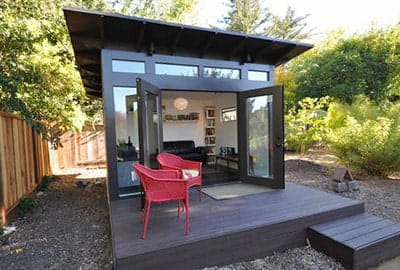
Investing in tiny homes offers a range of benefits and challenges. One of the most significant benefits is the potential to minimize the ecological footprint, a factor increasingly essential for many buyers and renters. This ecological consciousness can save renters money on utilities. However, it's not the only advantage. For many, the idea of using a tiny home as a primary residence provides a simpler and more sustainable lifestyle. On the downside, investors may need to purchase land separately, incurring additional costs.
Additionally, while there's a surge in tiny home popularity, not all tiny house builders provide the same quality, emphasizing the need for careful research before investment.
The tiny home movement, combined with societal shifts towards sustainable living and the promise of passive income, makes tiny home investing an intriguing option.
Each locale has different rules. For instance, while some cities are open to mobile tiny homes or tiny home communities, others might be stricter, favoring stationary structures.
Yes, many investors leverage personal loans or other financial instruments, though it's essential to note that not all mortgage lenders finance tiny homes due to their mobile nature.
Given their smaller size and often-lower costs, many tiny home owners find they save money both in initial costs and ongoing expenses. Additionally, the rental potential can provide a steady passive income stream.
Yes, the demand for tiny houses is on the rise, and many investors are seeing consistent passive income, especially from short-term rentals.
Mobile tiny homes offer location flexibility, making them attractive to renters seeking vacation rental experiences. However, local zoning laws might affect where these can be parked long-term.
Yes, but always check local zoning laws. Some mobile home parks are welcoming to tiny homes, creating combined communities that appeal to a broader range of renters.
While initial costs might be lower, property taxes, necessary utility connections, and maintenance can add up. Always research thoroughly before investing.
While the initial investment might be lower for tiny homes, the potential for ROI, especially through rentals, can be comparable or even more profitable in some markets.
Get a First Look at Real ADU Projects